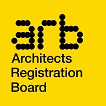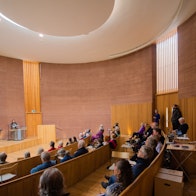
Sustainable Architecture
Masters in Architecture | ARB Part 2
Module Descriptions
Integrated Design Project 1Develop and demonstrate the process of design and design skills by creating a detailed brief from a set of outline requirements, testing design solutions in response to your own brief objectives, investigating appropriate technological solutions and developing an imaginative, sustainable and resolved architectural proposal.
Take the opportunity to begin to develop your own critical position towards architectural design and the role of the architect within the context of society and the environmental debate.
This is a 30 credit module.
Assessment: Design and technology portfolio
Find out more about this module: AR7400 - Integrated Design Project UEL (After September 2022)
What’s it like to study at CAT? Read more about the teaching and learning experience.
Architects and professionals need the skills to communicate clearly and professionally as part of their day-to-day work activities. Structuring ideas clearly so that the relevant issues are easily understood by the audience is an essential skill.
Develop critical and evaluative thinking skills and the ability to express ideas and arguments clearly, concisely and professionally. Be introduced to writing as a means of analysing architecture and developing a better understanding of buildings through the active role of verbalisation. Also start to learn about the history and theory of writing related to architecture and the process of architectural development, with a particular focus on community participation.
This module is related to your personal and professional position and we encourage you to define a learning agenda in relation to your architectural training.
This is a 15 credit module.
Assessment: Personal reflective essay, written analysis of experiencing architecture related to an architecture field trip and Integrated Design Project 2 research paper on history and theory of settlement design in relation to sustainability
Find out more about this module: AR7410 – Architectural Analysis Through Writing UEL (After September 2022)
What’s it like to study at CAT? Read more about the teaching and learning experience.
The practice of architecture has changed over time and continues to change in response to the context of the industry and the increasing complexity of architecture. It is as important for you to consider your professional future and the direction it might take as it is for you to understand the responsibilities of an architect.
Be introduced to the professional, legal and ethical duties of an architect in relation to their clients, the profession and to society, and to the principles and procedures that are necessary for sound architectural practice. You will be encouraged to reflect on current practice and your role within architecture in the future.
This is a 15 credit module.
Assessment: Integrated Design Project 1-related report on planning and building control, critical reflective notebook, construction costing and value appraisal report related to design and build project.
Find out more about this module: AR7402 - Professional Studies UEL (After September 2022)
What’s it like to study at CAT? Read more about the teaching and learning experience.
This module introduces you to the urban dimension of the built environment and the relationship between settlement forms and the lifestyles within them, looking at their impact on environmental sustainability.
You will work in groups to research the development context for sustainable development at a settlement scale and create a brief informed by socio-economic and environmental research of the area. The resilience, adaptability and sustainability of the community in relation to climate change and other environmental challenges must be taken into consideration.
Based on the brief developed in groups, you will develop a masterplan that addresses the needs of the locality and helps create a sustainable community. You’ll individually explore one intervention within the masterplan and develop it in detail with consideration of construction and environmental design.
This is a 30 credit module.
Assessment: Essay related to community consultation and brief development, technology submission, and design portfolio.
Find out more about this module: AR7403 - Integrated Design Project UEL (After September 2022)
What’s it like to study at CAT? Read more about the teaching and learning experience.
The aim of this module is to develop an advanced understanding of the practical aspects of implementing designs and construction in practice.
This module will offer students the opportunity to gain knowledge of a selection of sustainable building systems through hands-on building workshops.
You’ll have the chance to design a small structure that can be built at a 1:1 scale by students at CAT. Two to four designs from the cohort’s submissions will be selected and built by groups of students. These will be used to analyse and develop an understanding of the costs and industry implications of such construction.
This is a 30 credit module.
Assessment: Design and implementation report
Find out more about this module: AR7411 – Build UEL (After September 2022)
What’s it like to study at CAT? Read more about the teaching and learning experience.
This module provides you with the opportunity to explore, assimilate and synthesise learning related to a topic of your choice. This can also help inform your final design project.
The research paper will enable you to:
- develop appropriate theoretical and research methodologies
- consider the ethical implications of your work
- thoroughly investigate your chosen topic
- develop a logical and coherent argument and support it with rigorously evaluated and reliable data
- draw conclusions
- understand your impact on the wider knowledge base and/or community
The research paper does not necessarily involve original research or primary material, but you may carry out a small original research project using primary material.
This is a 30 credit module.
Assessment: Research Paper
Find out more about this module: AR7412 - Research Project UEL (After September 2022)
What’s it like to study at CAT? Read more about the teaching and learning experience.
The main aim of this module is to expand and synthesise the knowledge, understanding and skills gained from the completed modules and produce an integrated, comprehensive and research- and evidence-based design proposal within a technical, social, environmental and theoretical context.
The final design project provides the opportunity to develop a project that responds to and reinforces the role of architectural design within the environmental debate. The project will test original concepts, hypotheses and speculations based on your understanding of the context of architecture attained through rigorous research and logical judgement.
The module encourages you to develop your own working methods to include the generation of original ideas that are examined, tested and critically appraised in an iterative process, as well as the ability to critically reflect on design proposals.
This module also provides the opportunity to examine and verbalise your individual approach to architecture and develop a sense of personal and professional responsibility towards architectural enquiry. It also acts as a vehicle to develop and demonstrate confidence in working with the complex processes of architectural exploration and resolution, with particular emphasis on their approach to the wider environmental debate.
This is a 60 credit module.
Assessment: Final design submission
Find out more about this module: AR7408 - Final Design Project UEL (After September 2022)
What’s it like to study at CAT? Read more about the teaching and learning experience.
This module offers you the opportunity to systematically and rigorously develop the technical design solutions associated with the final design project. In doing so, you’ll draw from previous learning and expand your understanding, developing the ability to apply such knowledge in an integrated manner as part of the design process and in a way that enhances the architecture.
This is a 30 credit module.
Assessment: Technical Report
Find out more about this module: AR7407 - Technical Report for Final Design Project UEL (After September 2022)
What’s it like to study at CAT? Read more about the teaching and learning experience.

CAT Stories: Rosie Murphy
Many of Rosie’s projects addressed the intersection between social and environmental injustices within the built environment. Through her university work, voluntary work and activism, Rosie aimed to raise awareness of the concurrent issues of climate and ecological degradation, as well as the racial inequalities that exist within the architectural industry and beyond.
Since graduating in 2021, Rosie has become a Coordinator of the Education Group within the Architect’s Climate Action Network, and works for Matt+Fiona, a social enterprise that believes everyone should have the right to shape their built environment.
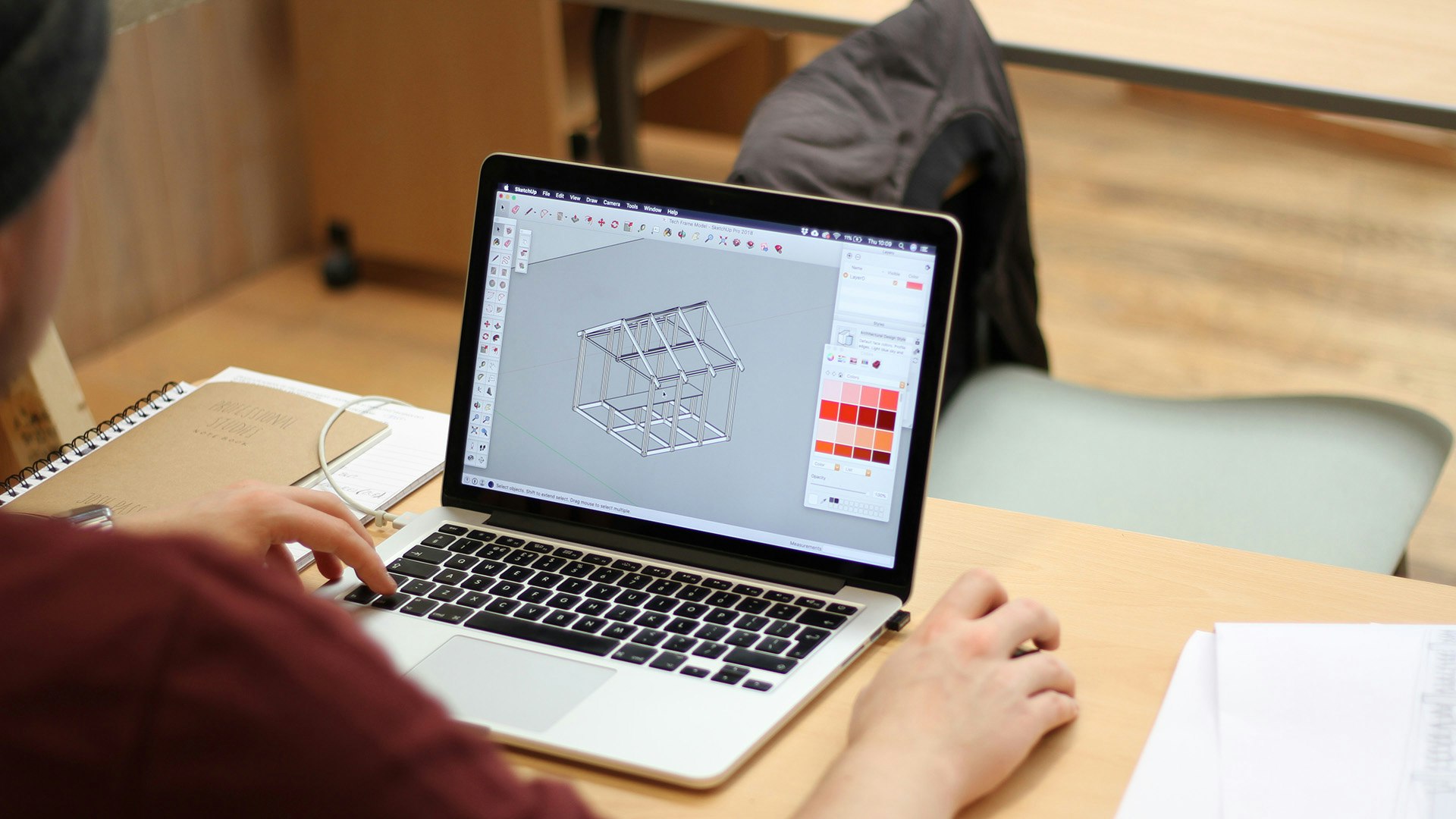
Fees and Funding
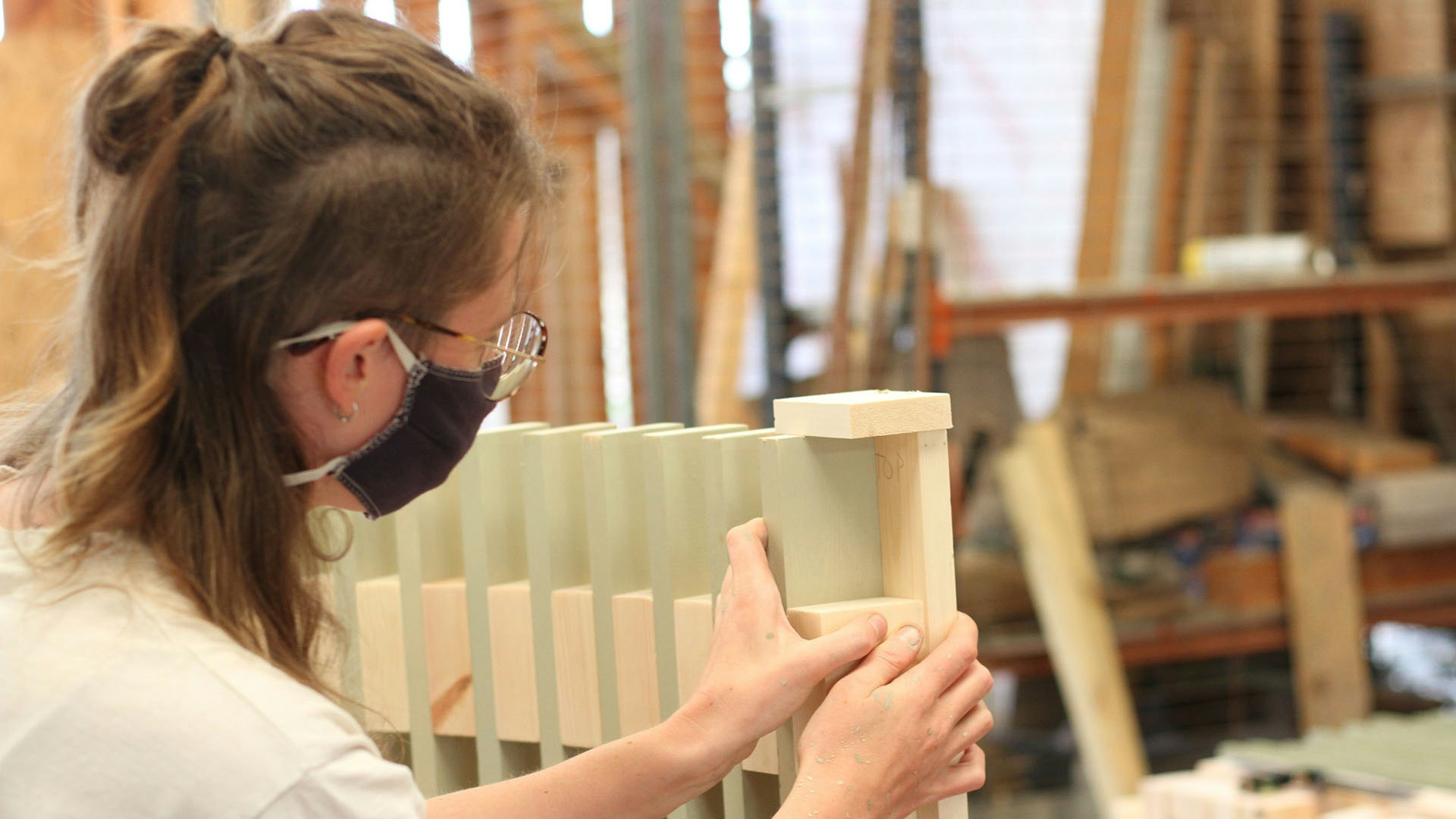
Student projects
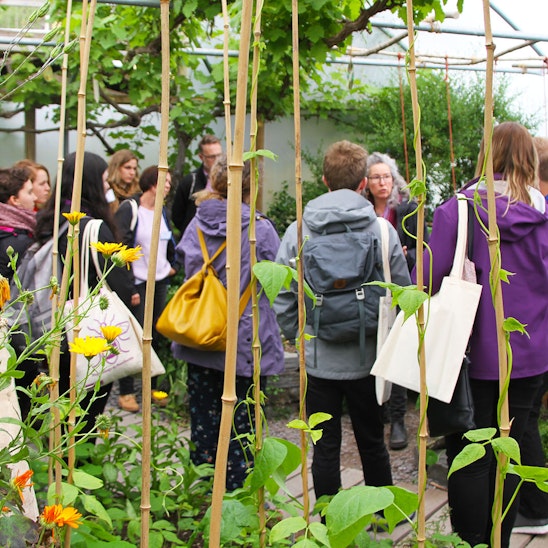
Open Day
Join Graduate School staff on a Graduate School Open Day to find out more about studying one of our postgraduate courses.
Learn more about studying at CAT

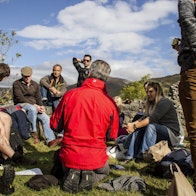
Study Experience
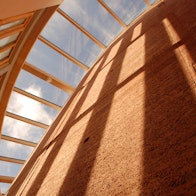
Frequently Asked Questions
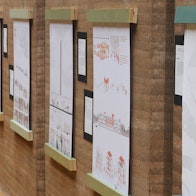
Student Projects
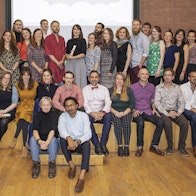
Career Pathways
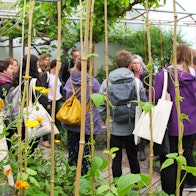
Open Days and Events
Apply now
Apply for our 2025 entry onto our Masters in Sustainable Architecture Part 2 course.
Due to high interest we recommend you apply early as we consider applications on a first-come first-served basis. If you have further questions or need support with your application then do get in touch.



